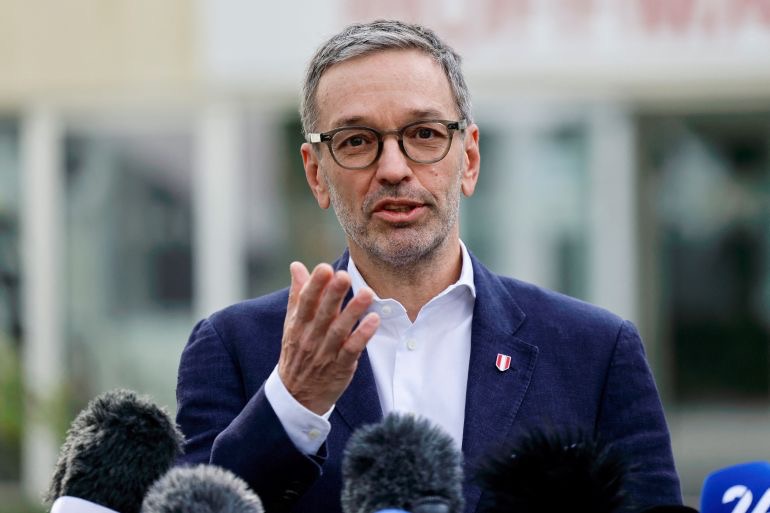Meghna Barik, Pune
Vote projections on Sunday indicate that Austria’s far-right Freedom Party (FPO) won its first-ever general election marking a historic political shift. The conservative Austrian People’s Party (OVP) led by Chancellor Karl Nehammer received 26 .2 percent of the vote while the FPO received 29.1% according to pollster Foresight and broadcaster ORF. First with 20. 4% of the vote were the center-left Social Democrats.
Arge Wahlens second projection supported a similar outcome putting the FPO about four percentage points ahead of the OVP. Though it did not secure an absolute majority this outcome grants the FPO the authority to form a coalition government reinforcing the increasing backing for far-right movements in Europe which are driven by worries about immigration and unstable economic conditions.
Long a proponent of harsher immigration laws the FPO led by Herbert Kickl has positioned itself as a party that is pro-Russia and anti-EU. Kickl, a divisive figure, has been compared to openly admirable Hungarian Prime Minister Viktor Orban. Austria’s place in the EU may change dramatically as a result of his ascent to power especially in regards to the nation’s positions on important immigration and asylum-related policies.
A coalition formation for the FPO could prove to be difficult as political analysts have pointed out. Despite having similar views on immigration and tax cuts Chancellor Nehammer has publicly stated that the OVP will not join a government led by Kickl due to his confrontational leadership style. A major turning point in Austrian politics has been reached with the FPOs election victory although coalition building is still up for debate.
The growth of far-right parties in Europe especially in nations like the Netherlands, France and Germany is reflected in the rise of the FPO and other broader trends. The decision by Austria highlights the public’s growing discontent with established parties as well as their increased concerns about immigration and national security.
Many in Austria like graphic designer Sarah Wolf 22 are worried about how the FPO might affect media freedom and democratic institutions as they wait for the official confirmation of the election results. Others like Viktor de Lijzer, a 17-year-old soldier, think the party is best suited to handle the rising crime rates they associate with immigration.
